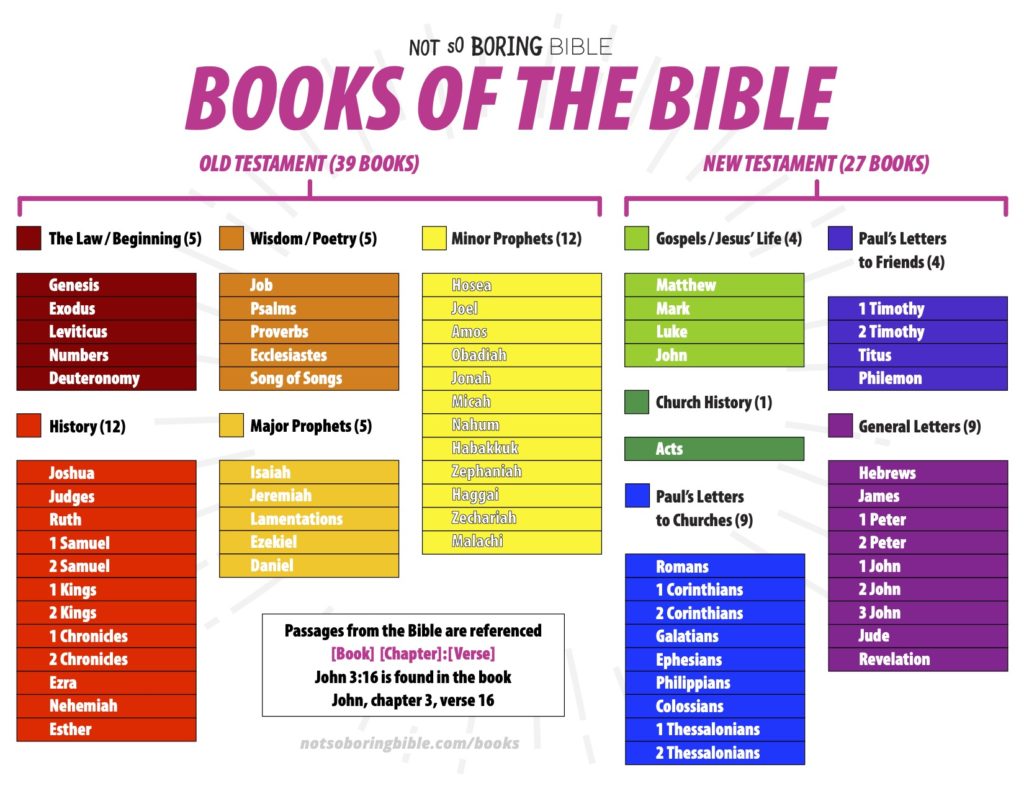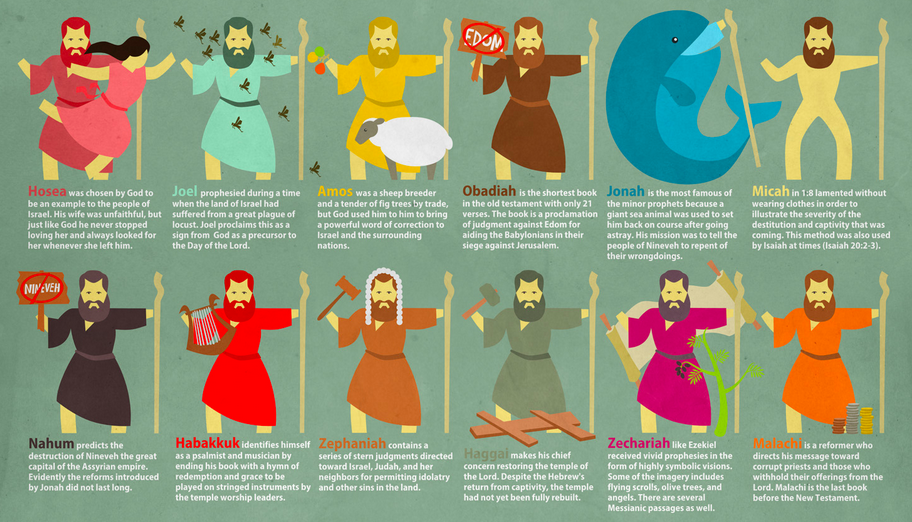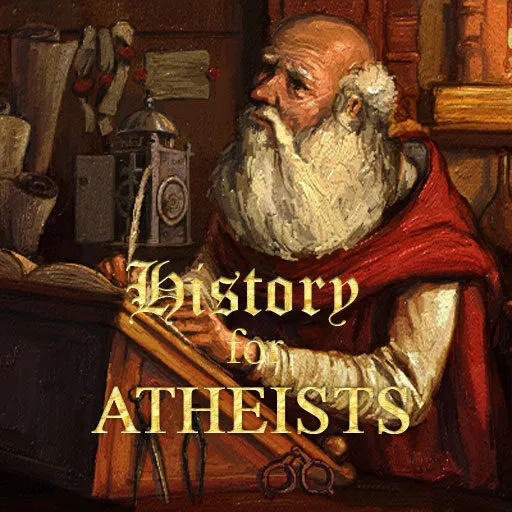The God of the Old Testament is arguably the most unpleasant character in all fiction: jealous and proud of it; a petty, unjust, unforgiving control-freak; a vindictive, bloodthirsty ethnic cleanser; a misogynistic, homophobic, racist, infanticidal, genocidal, filicidal, pestilential, megalomaniacal, sadomasochistic, capriciously malevolent bully (Dawkins in The God Delusion)
When people critique Christianity/Judaism they often portray a disdain for the Bible they don’t really hold. The above quote was intended by Dawkins as some silliness (see the long list of obfuscated Latin adjectives). In fact elsewhere in the book he says the Bible’s a vital element of our culture, something every educated person should be versed in (especially given how much of our language/imagery comes from it). Quotes like the above are easily misconstrued and taken out of context to portray atheists as cultural Philistines who simply want to dismantle every bit of religious art/culture.
I think most criticism of the Bible comes from the wish to present a counterpoint to claims of its divine status. If nobody claimed revelation then the Bible wouldn’t be criticised in this way — people rarely criticise the gods of the Odyssey for being too brutal. The Bible may be too brutal as a source of morality, but not as literature.
Truth is, I like the Bible a lot. It’s not great literature (anything of literary merit in the Bible can be found in greater quantities elsewhere, eg. the magnificent existential laments of Job aren’t as good as Dostoyevsky’s novels). The main strength of the Bible lies in diversity. If you think of it as an anthology of literature from the ancient world, its value/interest become apparent. The Bible isn’t foreign at all: every text from it has a very modern counterpart (ok, maybe 2 or 3 in the table are a stretch):
| Book Of Bible | Is the Ancient Hebrew version of… | Reasons |
| Genesis | Herman Hesse Freud |
Presenting archetypes Explaining sexuality through myth |
| Exodus | Troy (the film) | Kitch & exaggerated telling of a classic epic |
| Leviticus | A cookbook The constitition |
Split hooves, chewed cud and rights of people |
| Numbers | CIA factbook War correspondent |
Facts & figures with sensationalism thrown in |
| Deuteronomy | Gettysburgh address | National speech meant to inspire (though Moses was less concise) |
| Joshua | My Japan | Classic war propaganda |
| Judges | Platoon/Apocalypse Now | Critique of a country descended into chaos |
| Samuel | Die Hard/Indiana Jones/James Bond | Action-adventure exploits of alpha male. |
| Kings | History textbook | The traditional view of history as approved by the current government, often criticising former governments. |
| Isaiah | Fear and Loathing | Like much “visionary” literature, written under some heavy influence |
| Jeremiah | Jeff Buckley | Manic-depressive who can be very poetic due to this condition |
| Ezekiel | Conceptual artist | Creating art from eating dung is very conceptual in my book |
| 12 Minor Prophets | WordPress | 1000 voices with completely different opinions: reasonable folk, cranks, kooks and those who just made 1 blog post, never getting around to doing more |
| Psalms | Jazz fake book | Contains the entire gamut of human emotions for every occation, in poetic form. |
| Proverbs | Laura Schlesinger | Conservative “common-sense” type advice column |
| Job | Dostoyevsky | Cuts to the tragedy of the human condition |
| Song of Songs | Pretty Woman | Tale of a couple, meant to be erotic but not too much |
| Ecclesiastes | George Carlin | Cutting through our pretences, illusions of control etc |
| Lamentations | Slave songs | Remembering good times in the homeland, telling of the devastation that happened |
| Ruth | The Associate | The eventual triumph of the socially marginalised |
| Esther | Political cartoon | More archetypes plus the element of satire |
| Daniel | Tim Burton movie | Combination of the hellish, the sublime, the ludicrous |
| Ezra/Nehemiah | Movie about Gandhi | The inspiration of rebuilding a country, and the reality of it being done by someone very very flawed. |
| Chronicles | Francis Fukuyama | Seeing history as progressing towards a final resolution at which point it ends |
 Like
Like
 fundamentalists I too encourage everyone to read the Bible. Firstly because actually reading it is a great cure for religion. Secondly because it’s interesting and provides info about how societies have developed and which parts of humanity have remained — in a way that other religious texts (eg. the Koran) don’t.
fundamentalists I too encourage everyone to read the Bible. Firstly because actually reading it is a great cure for religion. Secondly because it’s interesting and provides info about how societies have developed and which parts of humanity have remained — in a way that other religious texts (eg. the Koran) don’t.





0 Comments